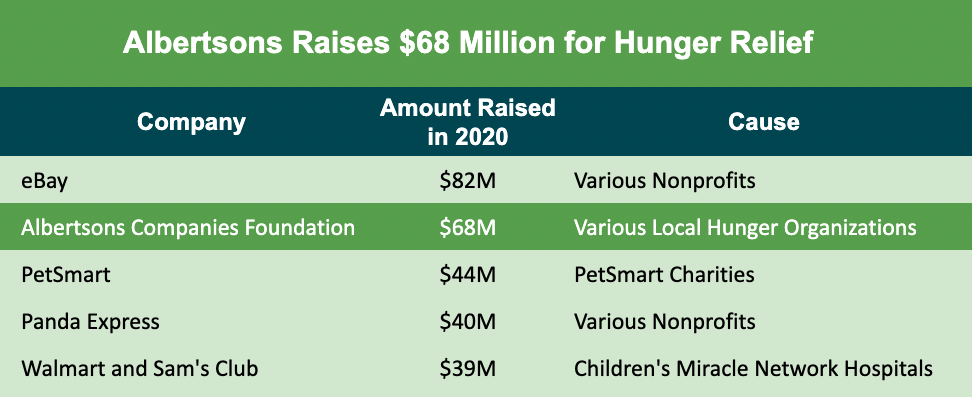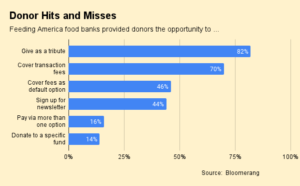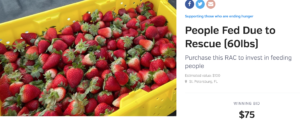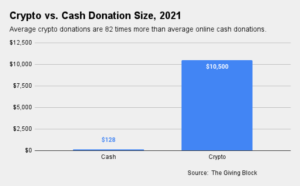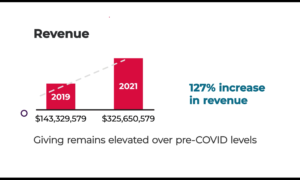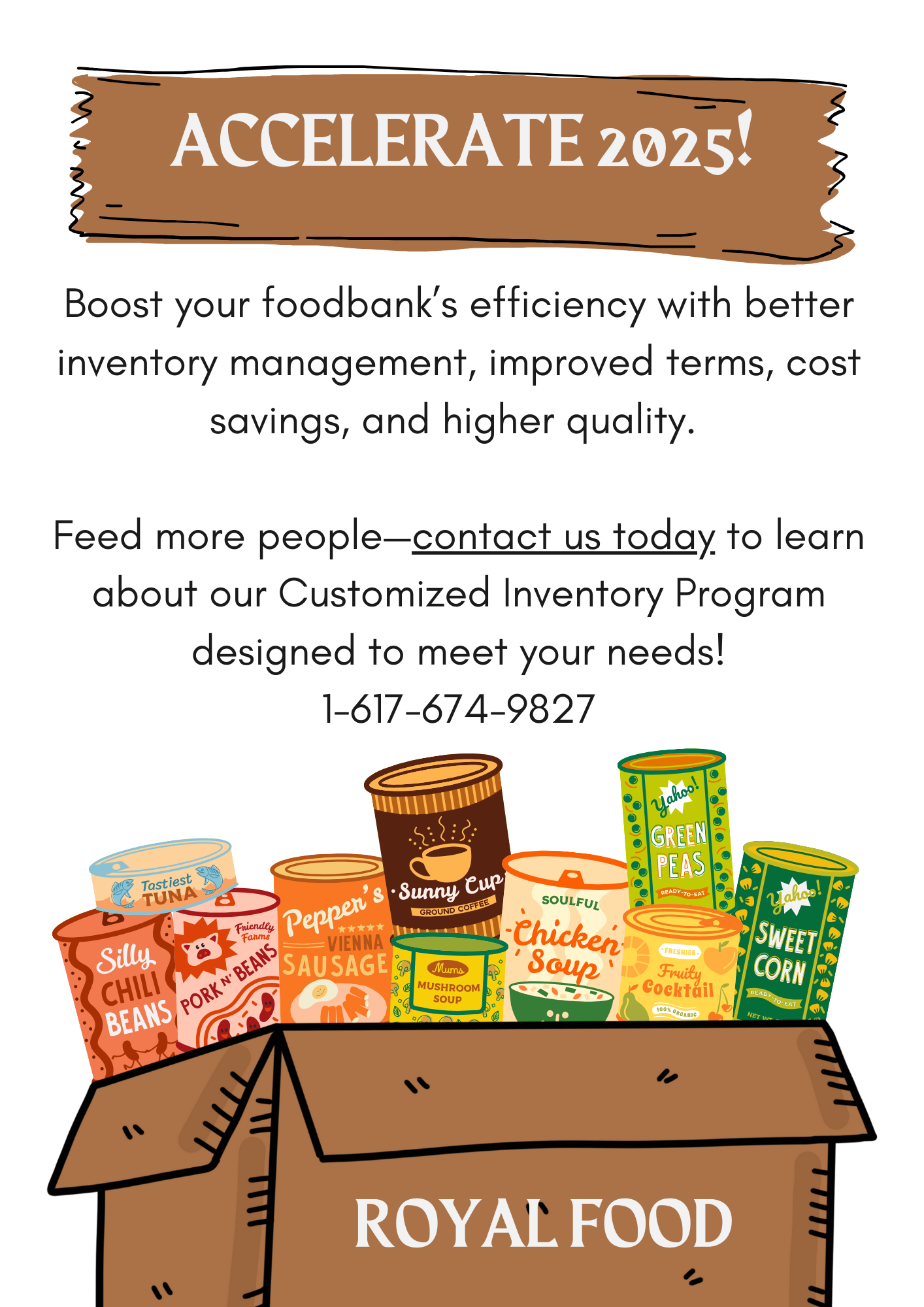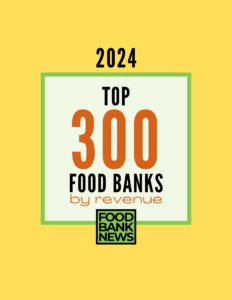A new report underscores the power of getting people to donate at the cash register.
The report found that grocery retailer Albertsons Companies raised a whopping $67.9 million in one month by asking shoppers at all of its stores across 34 states to donate money while checking out. The money went to anti-hunger agencies in the local communities where Albertsons-owned grocery stores operate — 3,000 organizations in all.
Of 76 point-of-sale campaigns tracked by Engage for Good, an organization that helps companies with corporate social responsibility, Albertsons was second only to eBay ($82 million) in the amount of money raised. In all, the 76 campaigns raised more than $605 million in 2020, Engage for Good found, with the proceeds going to a wide variety of causes.
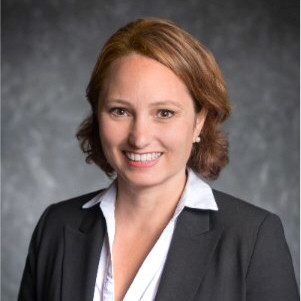
To achieve its fundraising success, Albertsons took advantage of consumers’ interest in both donating at the cash register and supporting local causes. According to Accelerist, a provider of social impact technology, 86% of consumers have donated at the cash register in the past 12 months. Local causes make point-of-sale fundraisers even more appealing, according to Megan Strand, Communications Director at Engage for Good.
“The local aspect of a point-of-sale fundraising ask has a lot of potential,” Strand said. “People want to know that they are contributing their nickels, dimes and dollars to help their neighbors feed themselves and their families. That’s a very powerful position to be in, specifically as it relates to point-of-sale fundraising.”
Albertsons further enhanced its appeal by asking shoppers specifically to donate money for healthy breakfasts for children in their communities. Each store then chose the local food bank or hunger-relief organization to receive the funds it raised.
Albertsons was not alone in supporting hunger relief organizations through point-of-sale fundraising in 2020. Other companies fighting hunger at the checkout line included Macy’s ($6.8 million raised); Grocery Outlet ($3 million raised for 350+ local food agencies); The Kroger Company ($1.5 million raised for 110+ hunger relief organizations); and Stop & Shop ($1.3 million raised for 13 regional food banks).
Companies needed to raise at least $1 million exclusively in point-of-sale donations to be included on Engage for Good’s list. If point-of-sale fundraising was only a portion of a larger initiative, it was not included.
One notable campaign missing from the list due to this classification was the Fight Hunger Spark Change initiative from Walmart, Sam’s Club, and Feeding America. While the campaign raised almost $18 million in 2020, it was not focused solely on point-of-sale fundraising; some donations came from suppliers or the purchase of specific products.
Engage for Good found that the pandemic limited how companies could fundraise, with past tactics becoming unavailable, given restrictions. The often-utilized coin collection box, where customers could drop their change in at the checkout counter, became hindered due to the coin shortage of 2020.
But with adversity came solutions, and rounding up purchases to the nearest dollar proved a successful alternative. Gaining momentum since 2018, almost half of participating companies offered the option to donate the change needed to round a purchase total to the next dollar at their in-person or online store in 2020.
Over the last five years, Albertsons has donated more than $2 billion to food banks and other hunger relief agencies, in addition to hundreds of tons of food contributed through food drives. Its Nourishing Neighbors program is working to eradicate hunger in America.
“The goal of Nourishing Neighbors is to ensure all of our communities’ tables and pantries are full so that our neighbors can learn, grow and succeed,” said Christy Duncan Anderson, President and Executive Director of Albertsons Companies Foundation, in a statement. “We’re proud of our progress over the past year and remain as committed as ever to continuing our fight against hunger.” — Zachary Smith
Zachary Smith is a freelance reporter and student at the Craig Newmark Graduate School of Journalism at CUNY, where he is specializing in health and data reporting. Currently an intern with Food Bank News, Zachary has recently been published with Everyday Health, Bklyner, and the NYCity News Service.
Like what you’re reading?
Support Food Bank News